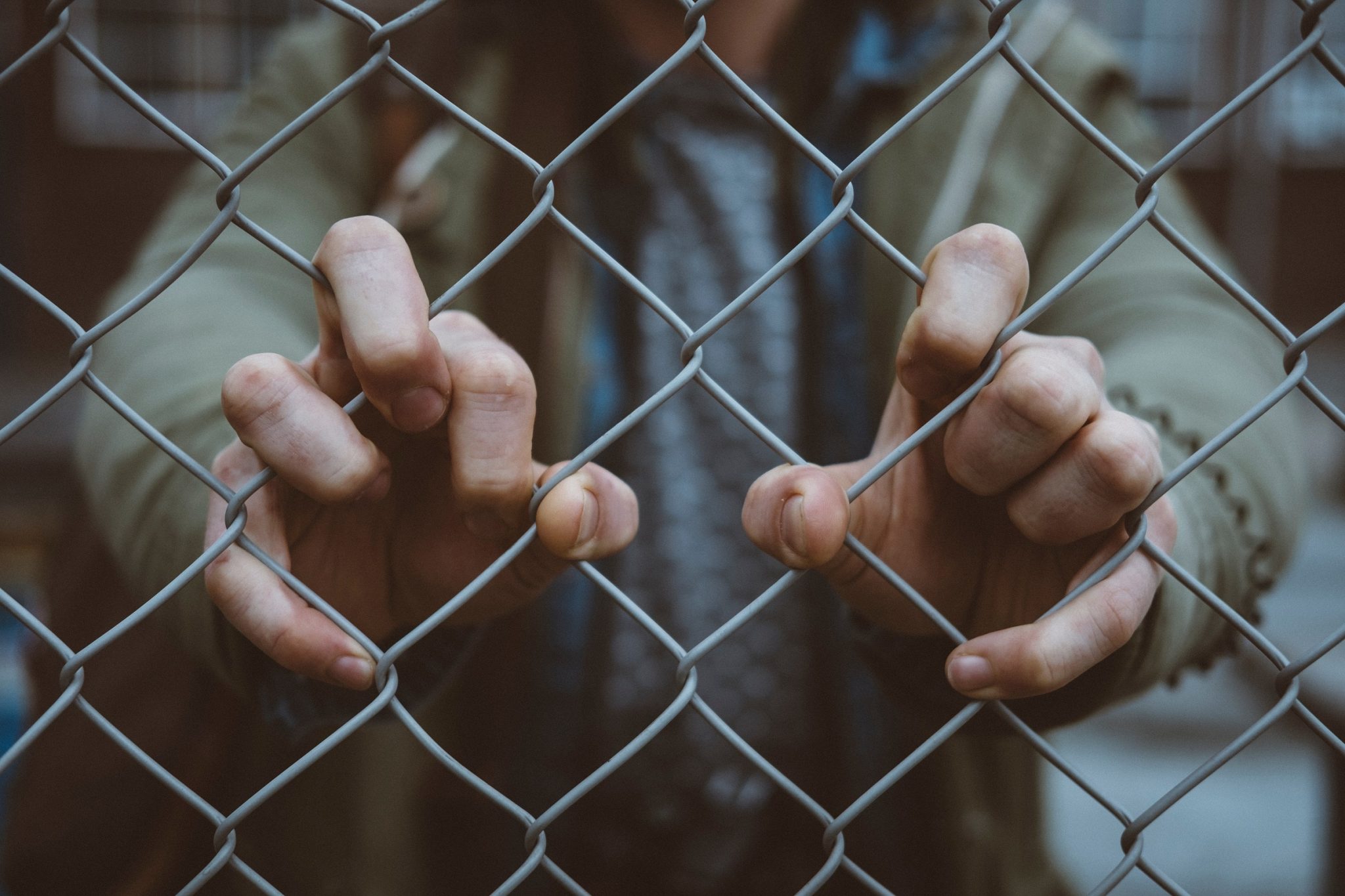Critics are calling on Canada to Pressure Countries that Refuse to Accept Criminal Deportees
A country must put the safety and security of its citizens first. It’s this duty that leads to Canada issuing removal orders for non-citizens who commit violent crimes. The criminals who receive these orders are deported to their country of origin – or at least, that’s how it is supposed to work. However, many of these countries refuse to accept criminals who have received a removal order from Canada.
Decrease in Successful Removals
The Immigration and Refugee Board (IRB) orders the removal of newcomers who have committed crimes in Canada. These crimes fall under the categories of security, human rights abuses, serious crimes, and organized crime. Crime-related deportation orders are to be enforced as soon as possible in the interest of public safety and security.
If the Canadian government cannot successfully deport foreign citizens who have committed serious crimes, then Canada can either detain them (often for an indefinite amount of time) or allow them to remain in Canada.
The number of removal orders has been steady over the years, but the number of successful removals may be declining. Some deportees remain in Canada for more than a decade after their first criminal offence and removal order.
At a Standstill
Canada seems to be facing a standstill with countries who refuse to accept criminal deportees. The Canadian immigration system may become overwhelmed with a growing backlog of removal cases.
Reasons for this backlog include delays caused by:
- Appeals;
- Problems with properly identifying some deportees—i.e. they lack official identification;
- Current prison sentences; and
- Danger in their home countries—the dangers they face if deported outweigh the risk they pose to Canadians.
There are insufficient resources and workers to ease this backlog, which is worsened when the country of origin refuses to accept criminal deportees. Even if Canada attempts to enforce a deportation order, the individual in question still requires necessary travel documents to return home.
Critics of the deportation system say that Canada needs to put more pressure on countries who won’t issue travel documents, especially countries that receive Canadian assistance. Suggested actions include diplomatic pressure, trade sanctions, and stricter travel requirements. But until such problems are resolved, the backlog of removal cases may continue to grow, with more deportees either detained indefinitely or stuck in deportation limbo.
Share this article
Arghavan Gerami
Arghavan Gerami is the Founder and Senior Counsel at Gerami Law Professional Corporation ('PC'), a full-service immigration law firm in Ottawa, Ontario. Since 2011, Ms. Gerami has focused her practice on immigration and refugee litigation. Prior to that, Ms. Gerami worked at the Ministry of Attorney General and the Department of Justice and had the privilege of serving the Honourable Mr. Justice M. Evans at the Federal Court of Appeal on immigration and administrative law appeals. Ms. Gerami contributes to the Immigration Law Section of the Canadian Bar Association, the Canadian Association of Refugee Lawyers, and the United Nations High Commissioner for Refugees. Ms. Gerami has also published numerous journal articles and presented at various immigration and refugee law conferences and events across Canada.

